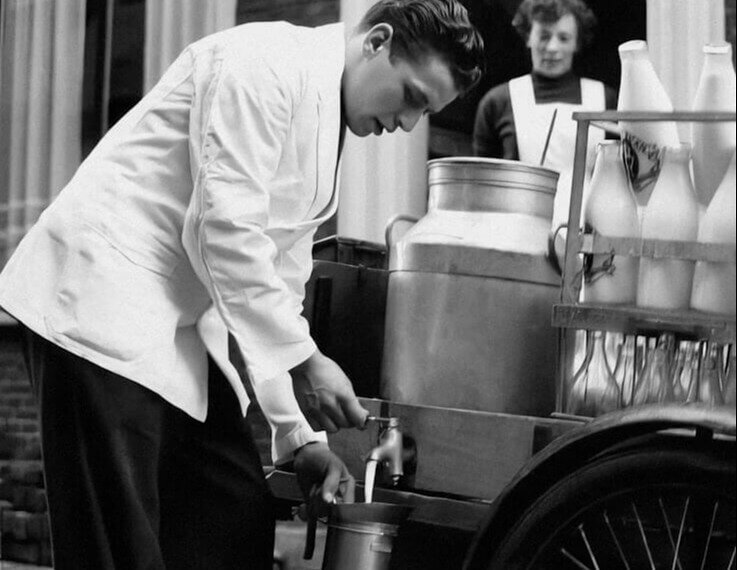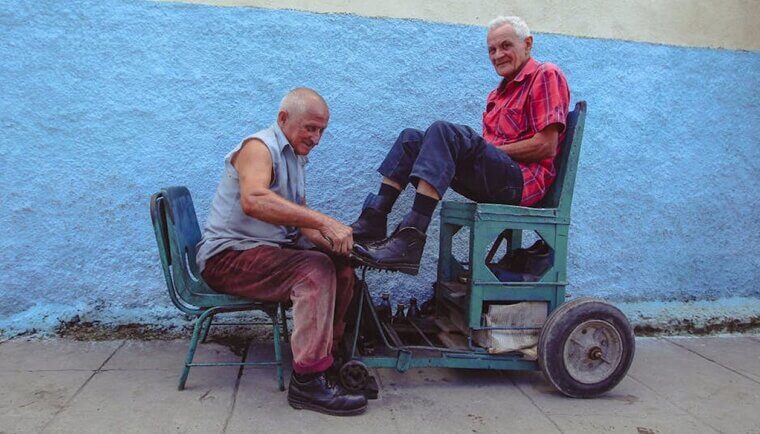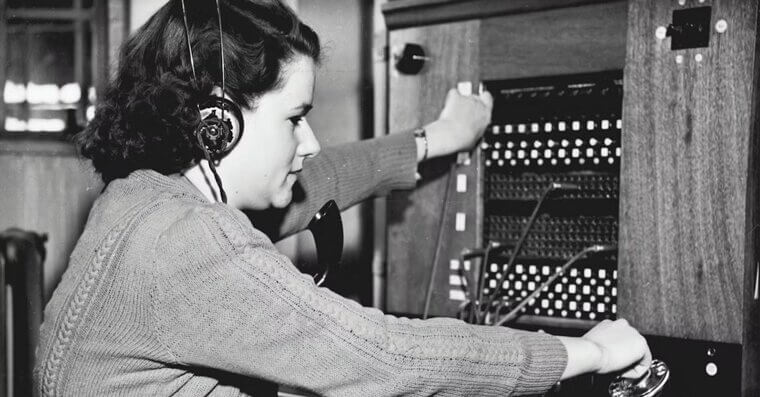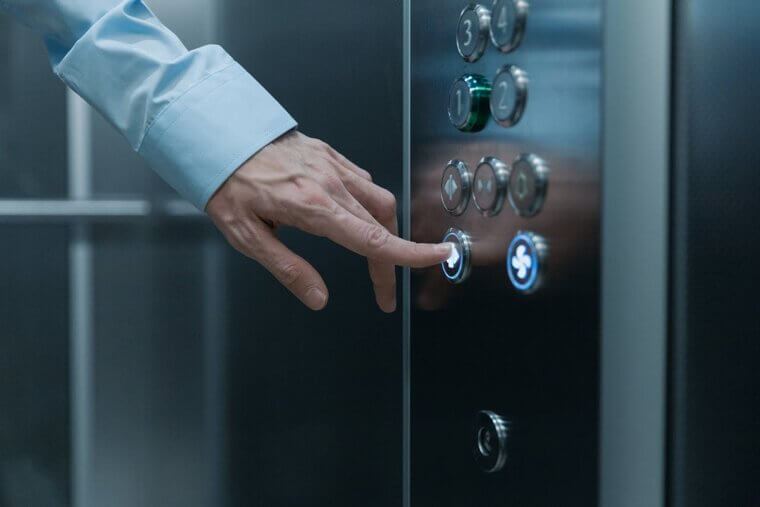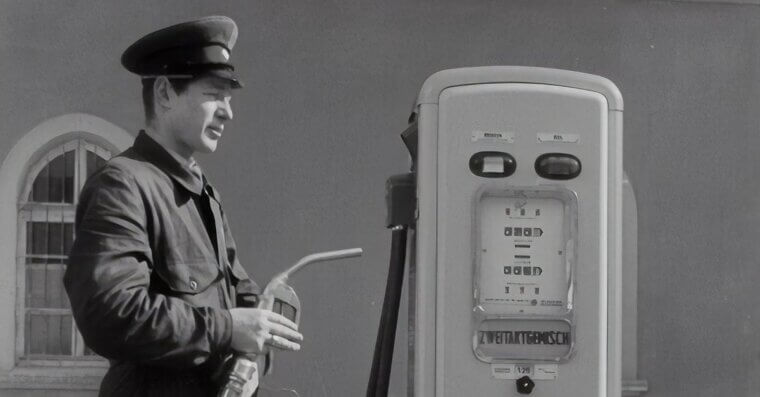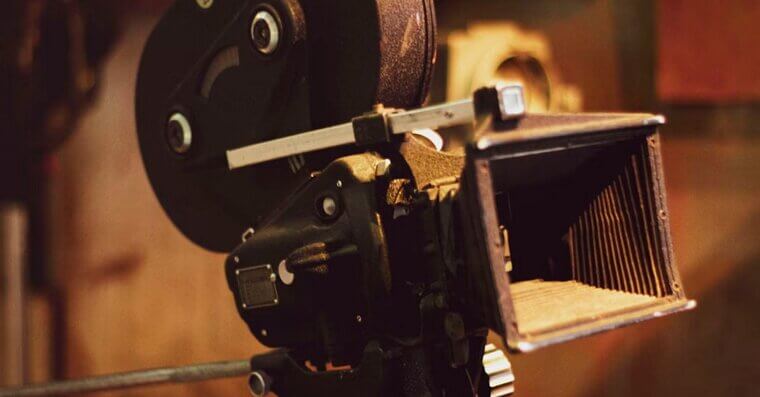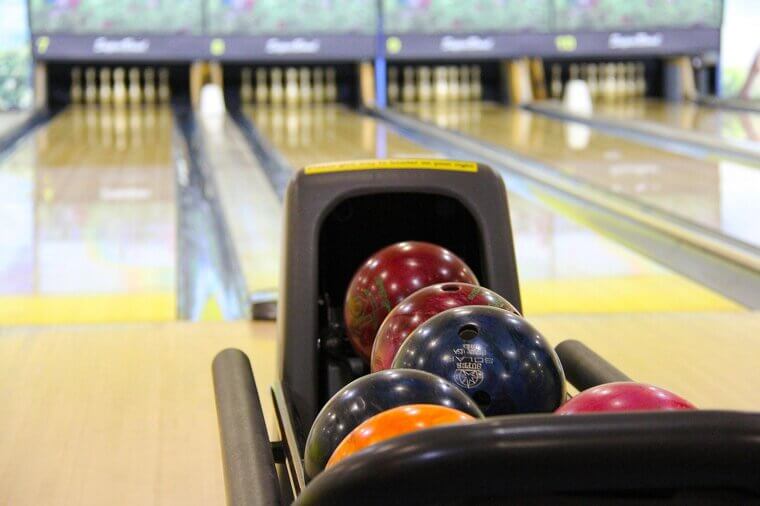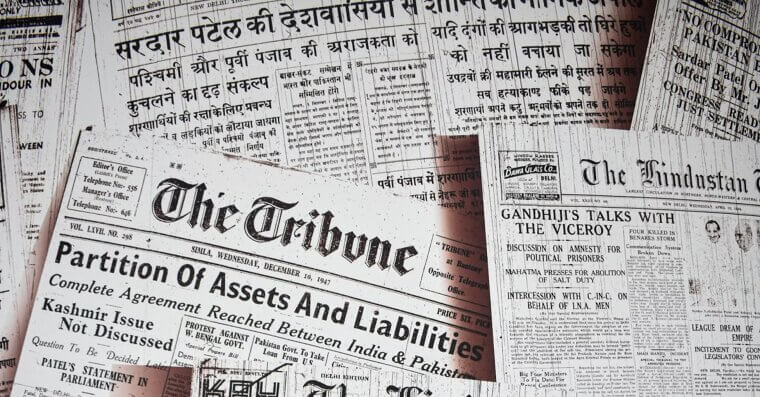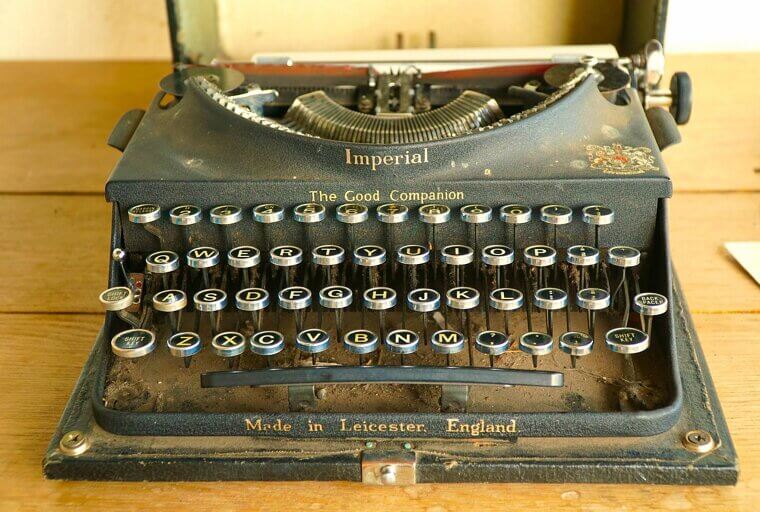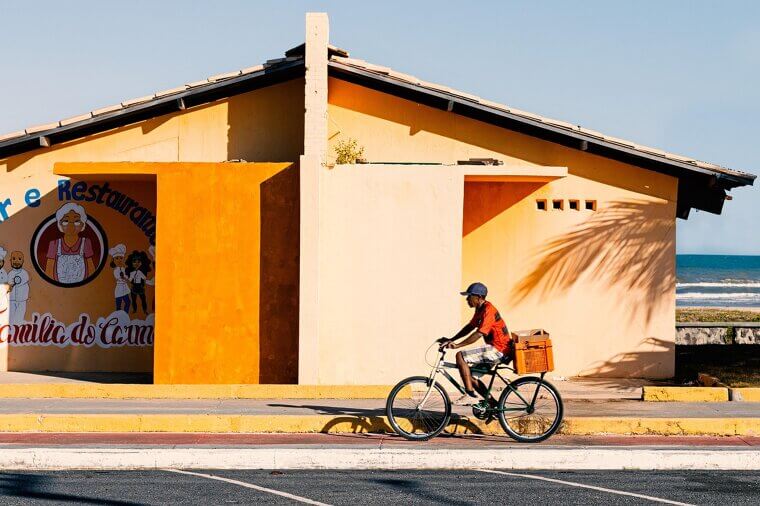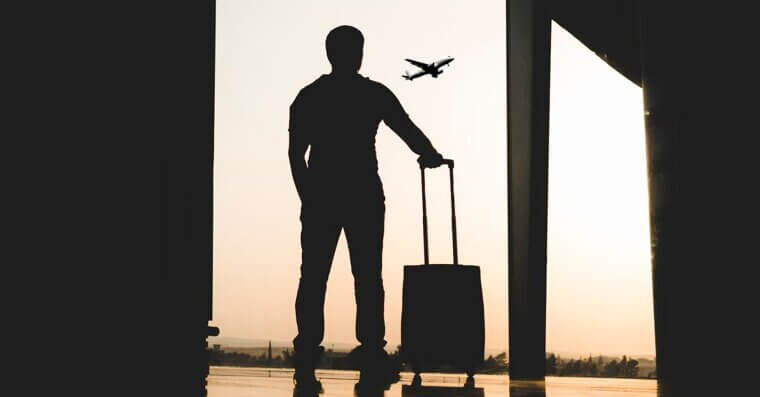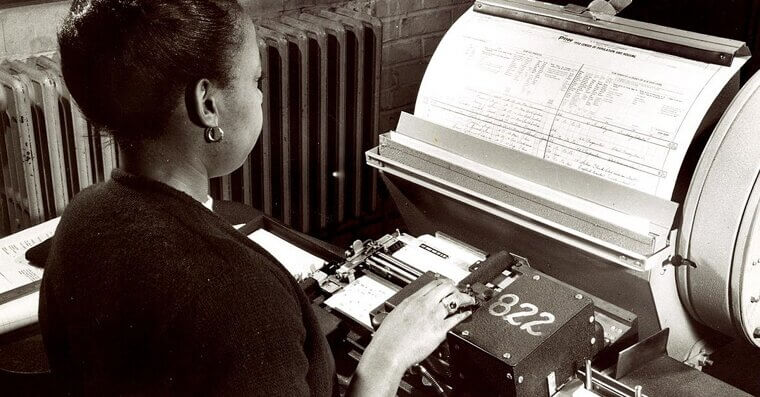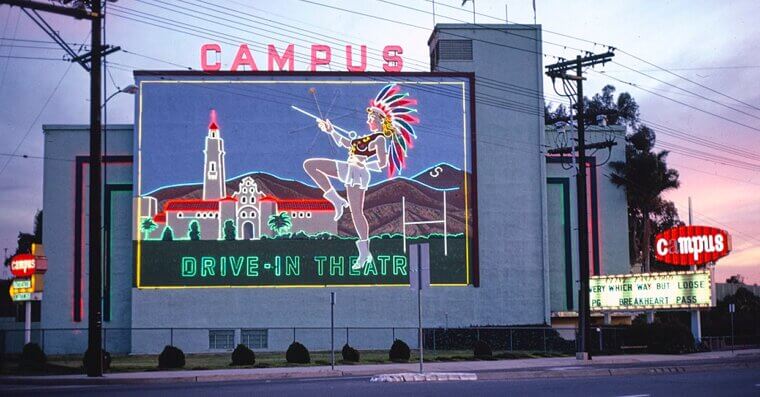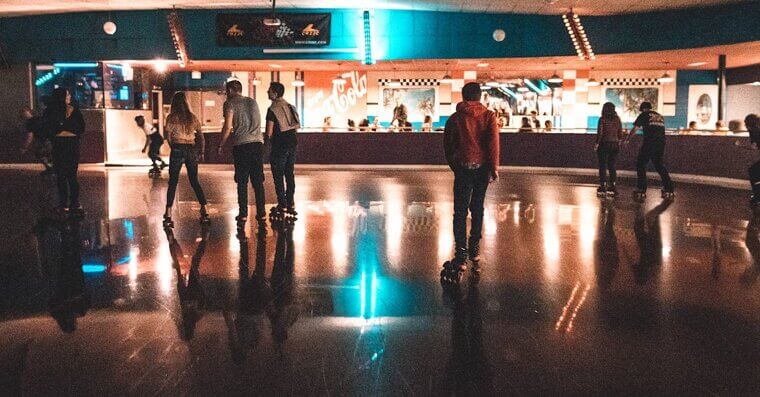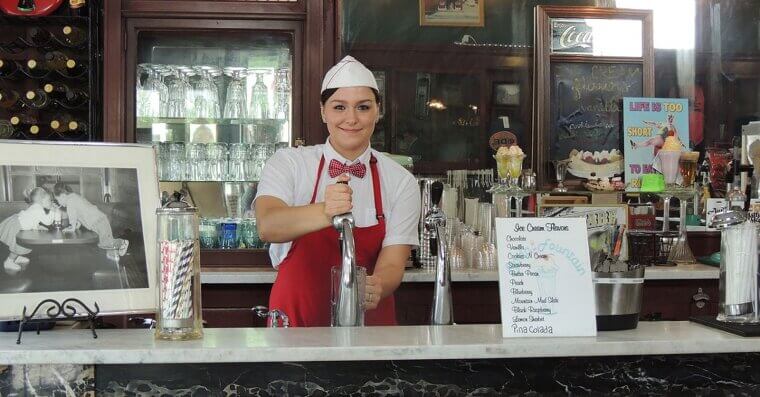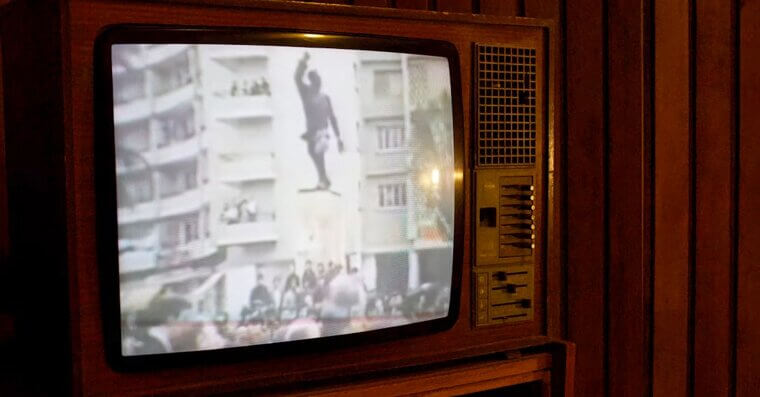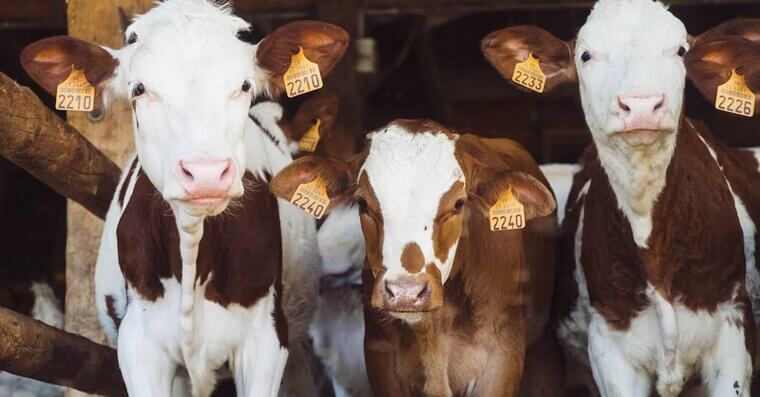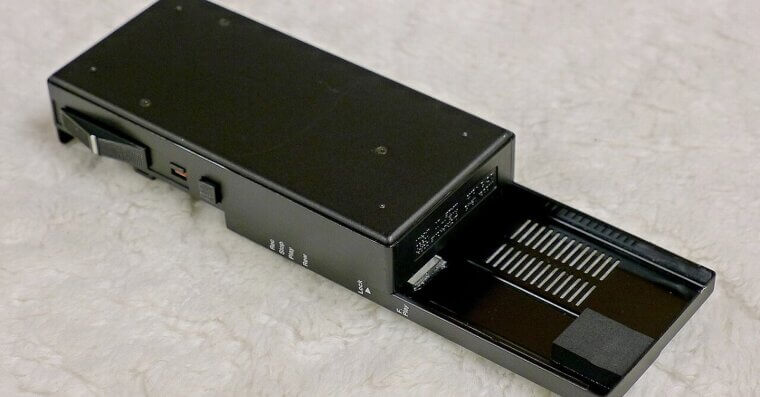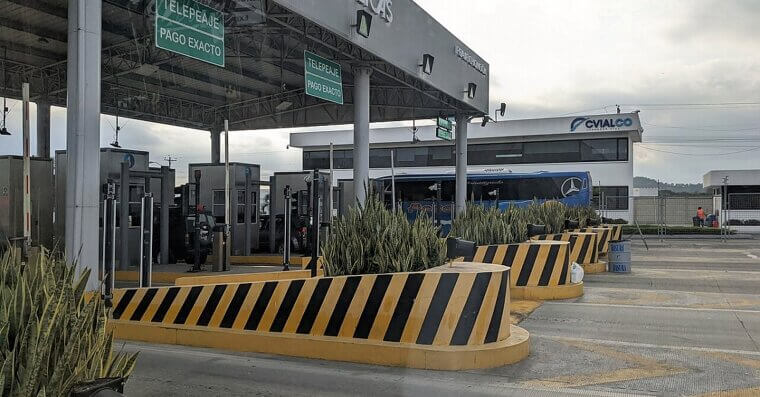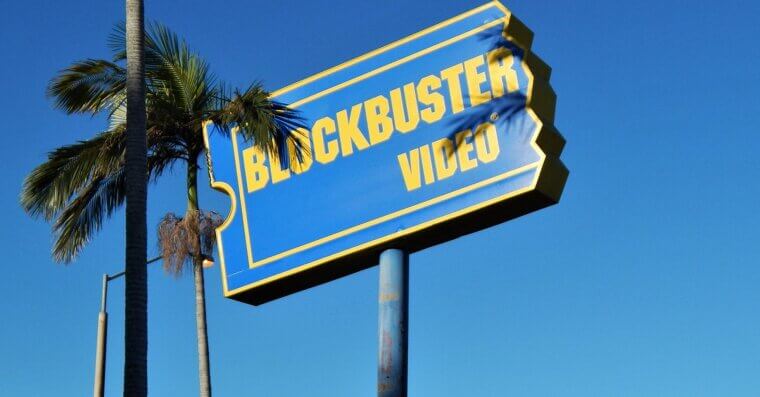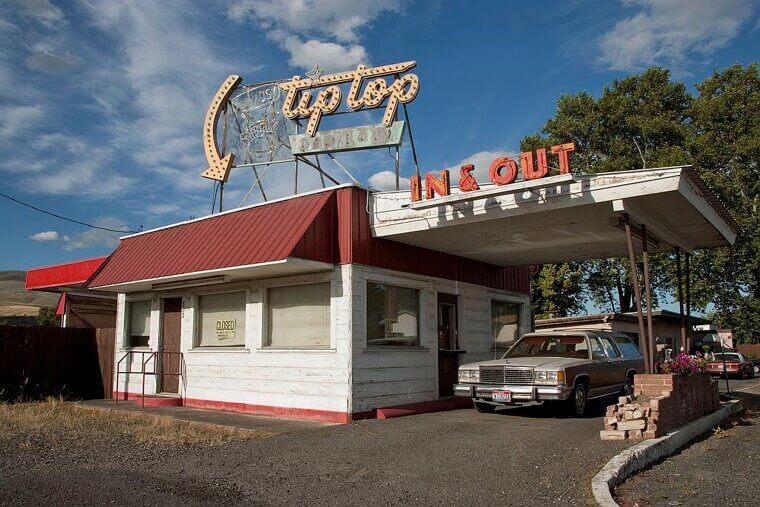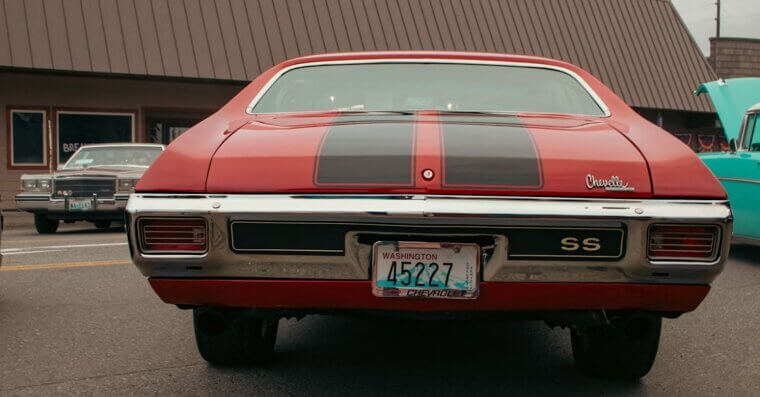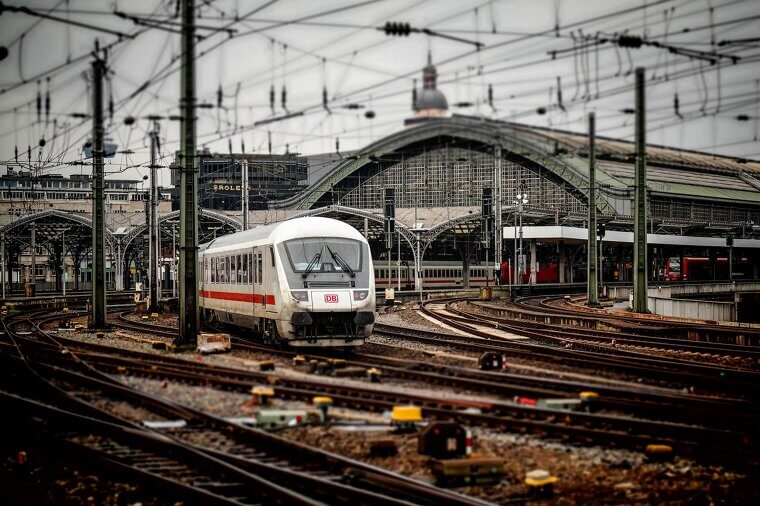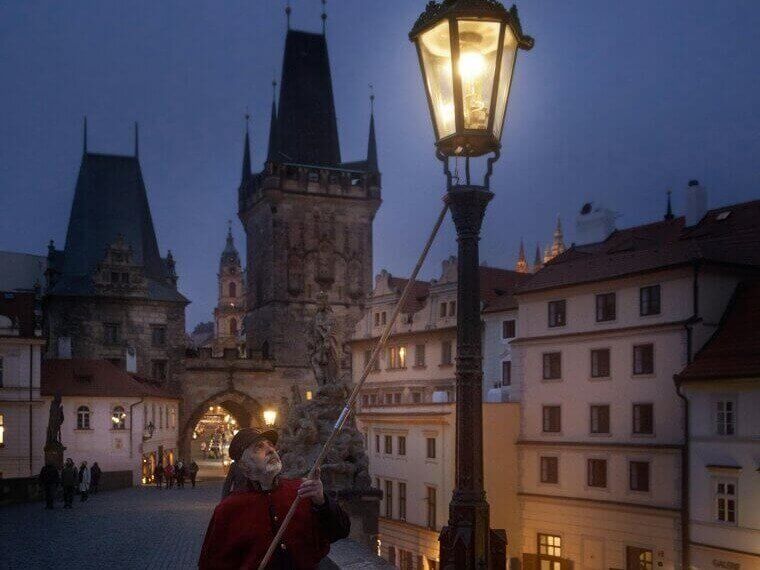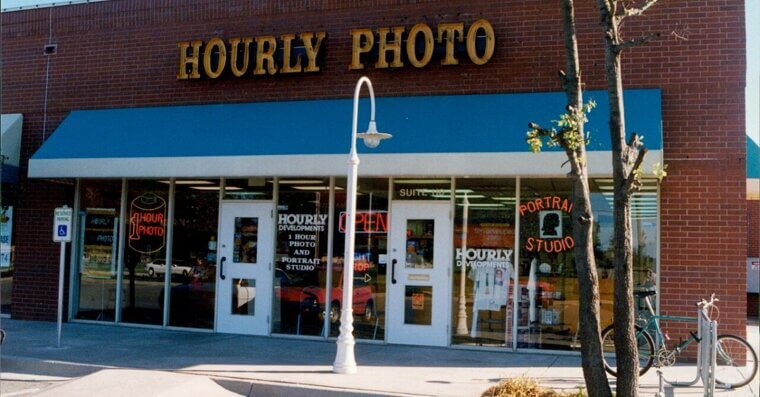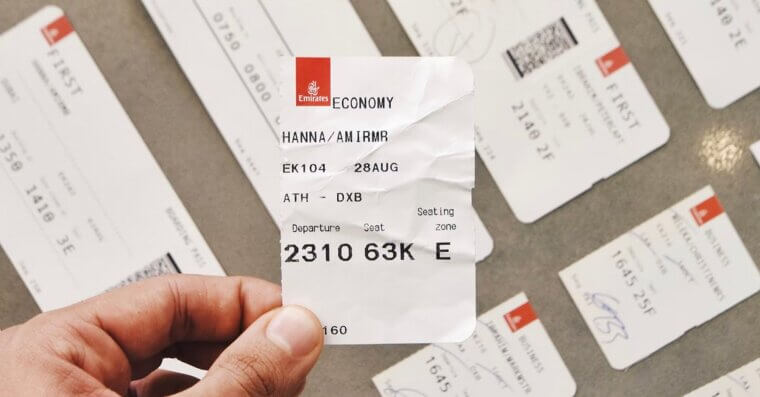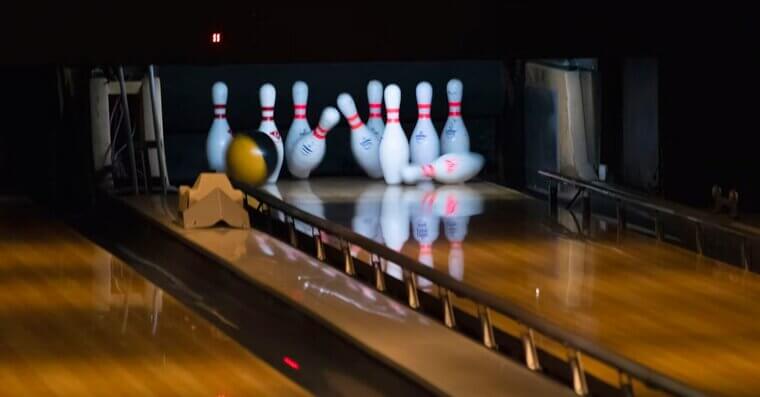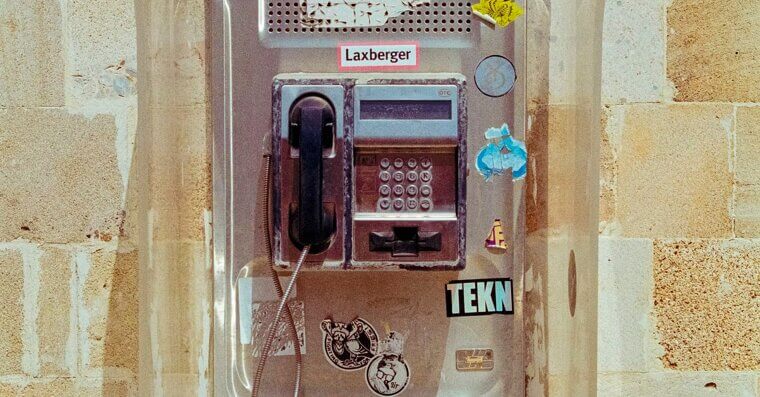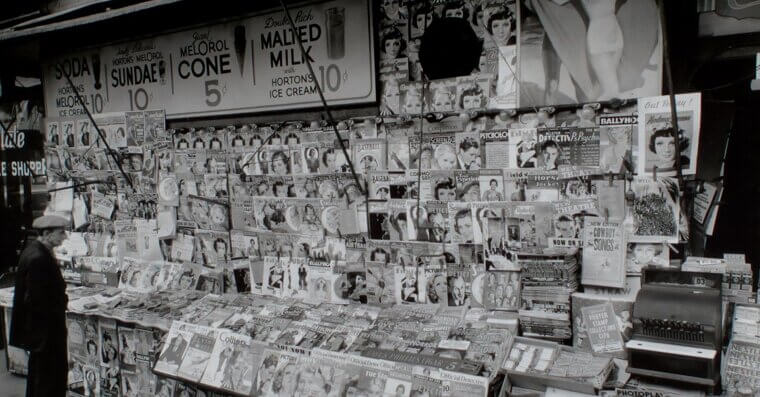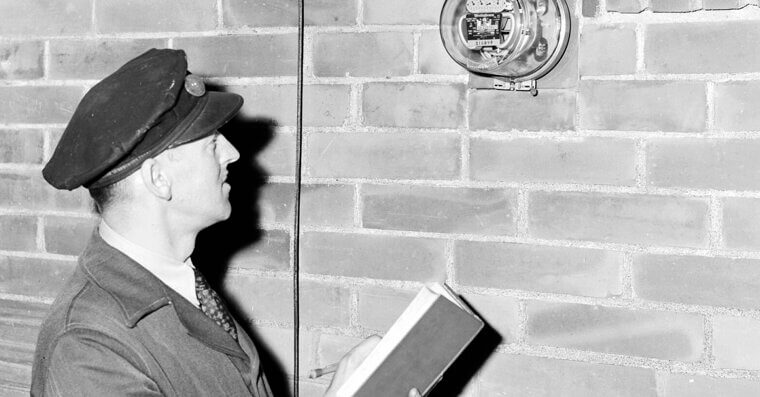Milkman
Once upon a time, hearing the clink of glass bottles on your doorstep was the signal to get up. The milkman delivered fresh milk right to homes, often knowing the whole family by name. But with bigger fridges, supermarkets, and cartons replacing bottles, the role quietly faded. As did the jokes about milkmen hooking up with lonely housewives.
Shoe Shiner
Decades ago, for many businessmen, a morning shoe shine was part of the daily routine. But as dress codes became more casual and fewer people wore formal shoes every day, the demand for this once-common service slowly faded away.
Switchboard Operator
Before smartphones, someone had to manually connect calls. That someone was the switchboard operator - usually working at a big console, plugging and unplugging cords to route calls to the right line. It was a fast-paced job, especially during busy hours.
Elevator Operator
Riding an elevator used to come with a personal touch. Elevator operators would stand inside, open and close the doors, and manually control the lift between floors. Dressed smartly, they added a touch of class to department stores and hotels… for a while.
Gas Station Attendant
Back in the day, you didn’t have to pump your own gas - or even leave your car. A friendly gas station attendant would fill your tank, check your oil, wash your windshield, and take your payment, all while chatting with you like an old friend. Many sorely miss this job.
Film Projectionist
Going to the movies used to rely on a skilled projectionist up in the booth, carefully threading reels of film and keeping the picture in perfect focus. A good projectionist made sure the film never broke mid-show and the sound was just right. But when digital projectors arrived, the craft became automated.
Bowling Alley Pinsetter
Before machines did all the heavy lifting, it was actual people resetting pins at bowling alleys. Usually teenagers, “pin boys” would crouch behind the lanes, clear fallen pins, and set up the next frame as fast as possible. It was loud, hectic, and not the safest job, but it kept the game moving.
Paperboy
For many kids, being a paperboy was a rite of passage. Every morning - rain or shine - they’d ride their bikes and toss newspapers onto porches before school. It wasn’t just a way to earn a few bucks; it taught responsibility and time management. But now newspapers are on the decline, because everyone gets their news from the internet.
Typist
Offices in the 60s and 70s ran on typewriters, not laptops. Typists, usually female and often working in big “typing pools”, spent their days pounding out letters, memos, and reports with incredible speed and accuracy. A single typo often meant starting over from scratch, though.
Ice Delivery Worker
Before every home had a reliable freezer, keeping food cold meant having a big block of ice delivered regularly. Ice delivery workers would haul heavy chunks up stairs, through kitchens, and into “iceboxes,” which were the early versions of refrigerators. It was hot, grueling work, especially in summer.
Travel Agent
Sure, travel agents still exist - but their everyday role has changed drastically. Back then, if you wanted to fly somewhere, book a hotel, or plan a vacation, you called a travel agent. They did all the heavy lifting and pieced everything together for you. But with online booking sites and apps, most people do it themselves now.
Keypunch Operator
Before computers had keyboards, early data was entered through keypunch machines. Operators would punch holes into stiff cards that mainframes could “read.” It was tedious and required extreme precision - one wrong punch could ruin a whole batch of data. In the 60s and 70s, entire rooms were filled with keypunch operators tapping away
Drive-In Movie Attendant
Drive-in theaters were wildly popular in the 60s and 70s, and attendants kept them running smoothly. They guided cars into parking spots, hooked up window speakers, and sometimes even brought snacks over. But as traditional theaters took over and land became more valuable, drive-ins declined. A few still exist today, but the job of the drive-in attendant is mostly a memory.
Encyclopedia Salesperson
Before the internet, encyclopedias were a prized source of knowledge, and door-to-door salespeople made a good living selling them. They’d knock on doors with a big smile, convincing families that owning a full set was an investment in their children’s education. Then came Google, Wikipedia, and affordable computers. Encyclopedias died off.
Roller Rink DJ
Every Friday night, kids would lace up their skates and glide to the music - courtesy of the roller rink DJ. It wasn’t like today’s digital playlists; DJs carefully picked vinyl records and hyped up the crowd over the mic. Roller rinks haven’t completely disappeared, but their heyday is long gone, and so is the full-time job of spinning disco hits for teenagers under twinkling lights.
Soda Jerk
Back in the day, a soda jerk wasn’t an insult - it was a cool job for teens and young adults. Working behind the counter at drugstores or soda fountains, they’d mix fizzy drinks, make ice cream floats, and chat with regulars. It was really fun, so it’s a shame the job is gone.
Television Repairman
When a TV broke in the 60s or 70s, you didn’t toss it out - you called the repairman. These folks carried toolboxes and made house calls to get that black-and-white (or early color) screen working again. TVs were expensive, so fixing them made sense. But as electronics got cheaper and harder to repair, the role faded fast. Today, most people just buy a new set.
Farm Milk Tester
Before large-scale dairy processing, milk testers traveled from farm to farm, checking quality and safety on the spot. They’d take samples, measure fat content, and make sure the milk met standards before it went to the creamery.
Dictaphone Transcriptionist
Executives and office workers used to dictate letters and memos into bulky Dictaphone machines. Then transcriptionists - often incredibly fast typists - would play them back and turn those ramblings into clean, polished documents. It was meticulous work that required sharp ears and fast fingers.
Toll Booth Collector
Before the days of license plate scanners, paying tolls meant slowing down, rolling down your window, and handing over coins or cash to a real person in a booth. Toll collectors worked in all weather, greeting drivers all day long. It wasn’t glamorous, but it kept traffic moving.
Video Store Clerk
Friday night at the video store was an event in itself, and the people in charge were the clerks. They kept the store running, rewinding tapes, restocking shelves, and handing out those plastic rental cases. But streaming services changed everything and video stores went away.
Street Photographer
In busy cities and tourist spots, you’d often find photographers offering to snap your picture with a Polaroid or film camera, developing it right on the spot. Before everyone had a camera in their pocket, this was how families captured special outings. It seems hard to believe now.
Drive-In Restaurant Carhop
If you’ve ever seen old diners with girls on roller skates, you’ve seen a carhop in action. They’d zoom up to your car, take your order, deliver burgers and shakes, and hook a tray to your window. It was all part of the fun of going out to eat.
Parking Lot Attendant
In busy downtowns, parking lots weren’t managed by machines like they are now - they were run by attendants sitting in small booths. You’d pull in, grab a ticket, and pay the attendant in cash when you left. They kept track of cars, handed out change, and sometimes befriended the folks they saw a lot of.
Railway Porter
Traveling by train used to mean more personal service. Porters were always on hand to make the trip feel a little more special. They were a common sight in major stations during the 60s and 70s, but as train travel declined and staffing was reduced, porters largely disappeared from everyday routes. They do still exist on luxury trains though.
Bank Tellers
Bank tellers aren’t fully gone, but their everyday role isn’t what it used to be. In the 60s and 70s, nearly every deposit, withdrawal, or bill payment required a trip to the teller’s window. These days, it’s all done online and without any help.
Lamplighter
Lamplighters were already fading out by the 60s, but some towns and historic districts still had them. Their job was exactly what it sounds like: lighting and extinguishing street lamps every day, often with a long pole. It gave neighborhoods a charming, almost magical atmosphere at dusk. But as electric lights became automated, lamplighters were no longer needed.
Photo Lab Technician
Remember dropping off rolls of film and waiting days to see your pictures? Photo lab technicians worked behind the scenes, developing your film in darkrooms. Now digital cameras and smartphones made the one-hour photo lab a relic of the past, though a few specialty labs still exist.
Travel Ticket Agent
Before online bookings, ticket agents were essential. If you were flying or taking a bus, you had to visit a ticket counter to plan your trip. These agents handled everything manually - checking schedules, printing tickets, and helping travelers figure out complicated itineraries. Nowadays, we click a few buttons and get instant confirmations.
Newspaper Linotype Operator
Linotype operators were the heartbeat of newspaper production. They sat at massive machines, turning typed text into lines of metal type for printing presses. It was a skilled, respected trade, and a single operator could produce pages of text at lightning speed. But as digital printing took over in the 70s and 80s, linotype jobs disappeared quickly.
Bowling Alley Scorekeeper
Before digital scoring systems, someone had to keep track of every strike, spare, and gutter ball by hand. Scorekeepers sat at small tables near the lanes, scribbling on paper score sheets and making sure everyone’s game added up. It was a casual job, often filled by teens or part-time workers, but it kept the games fair and fun.
Payphone Technician
Back when payphones were on every street corner, technicians were the unsung heroes who kept them working. Without them, payphones simply might not have functioned when needed. But with the rise of cell phones, payphones started disappearing rapidly, and so did the jobs that supported them.
Newsstand Vendor
Big cities used to be filled with corner newsstands, and the vendor was a familiar face to commuters. They sold newspapers and magazines for people to read on the subway. But unfortunately, as print media declined and digital news took over, newsstands disappeared one by one. Today, only a handful survive.
Meter Reader
For decades, utility companies sent meter readers to every house, month after month, to record water, gas, or electricity usage. They’d jot numbers down on clipboards and hand over paper bills. It was a steady, familiar job, and some neighborhoods saw the same reader for years. Sadly, smart meters drove them out.

